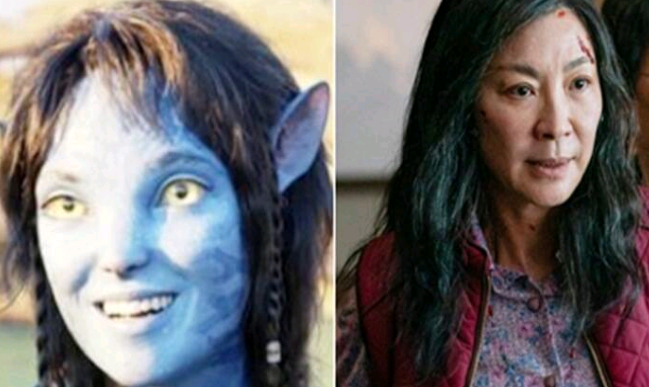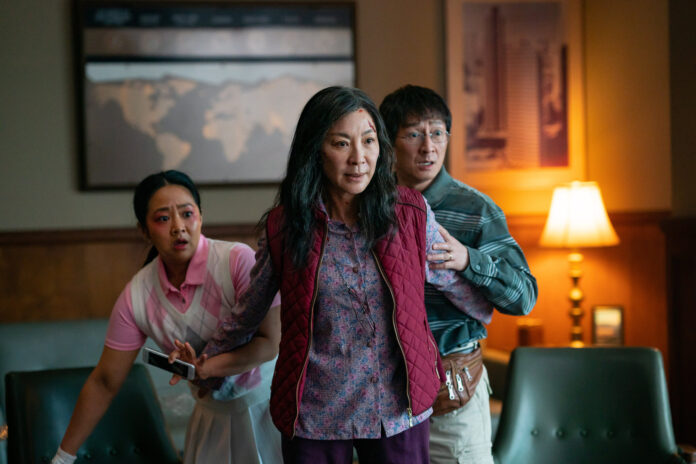After a year when moviegoers returned en masse to big-budget spectacles — and skipped nearly everything else — Oscar voters on Tuesday spread nominations remarkably far and wide. Three blockbusters made the best picture cut, eight films received at least five nominations, and first-time nominees filled 16 of the 20 acting slots.

It’s a broad group, which is thrilling and evidence of a changing academy,” said Gail Berman, a producer of “Elvis,” which received eight nominations, including one for best picture. “I’m particularly thrilled that there are populist movies like ours in there. They’re big and they’re fun — Baz Luhrmann is the very DNA of ‘Elvis’ — and they remind people what they love about going to the movies.”The universe-hopping “Everything Everywhere All at Once” had the most nominations, with 11, including ones for best picture, actress (Michelle Yeoh), supporting actress (Stephanie Hsu), supporting actor (Ke Huy Quan) and director (Daniel Kwan and Daniel Scheinert). “The Banshees of Inisherin,” a dark comedy about a frayed friendship, and the German-language “All Quiet on the Western Front” each had nine; they were also recognized for best picture.The blockbuster sequels “Top Gun: Maverick” and “Avatar: The Way of Water,” with $3.5 billion in combined ticket sales worldwide, were included in the best picture category. An ultrasophisticated drama (“Tár”), a memory piece from Steven Spielberg (“The Fabelmans”), a sexual assault drama set in an isolated religious community (“Women Talking”) and a satire of the wealthy from a Swedish filmmaker (“Triangle of Sadness”) filled out the category.In some ways, the widely spread nominations reflected the jumbled state of Hollywood. No one in that movie capital seems to know which end is up, with streaming services like Netflix hot then not, and studios unsure about how many films to release in theaters and whether anything but superheroes, sequels and horror stories can succeed


